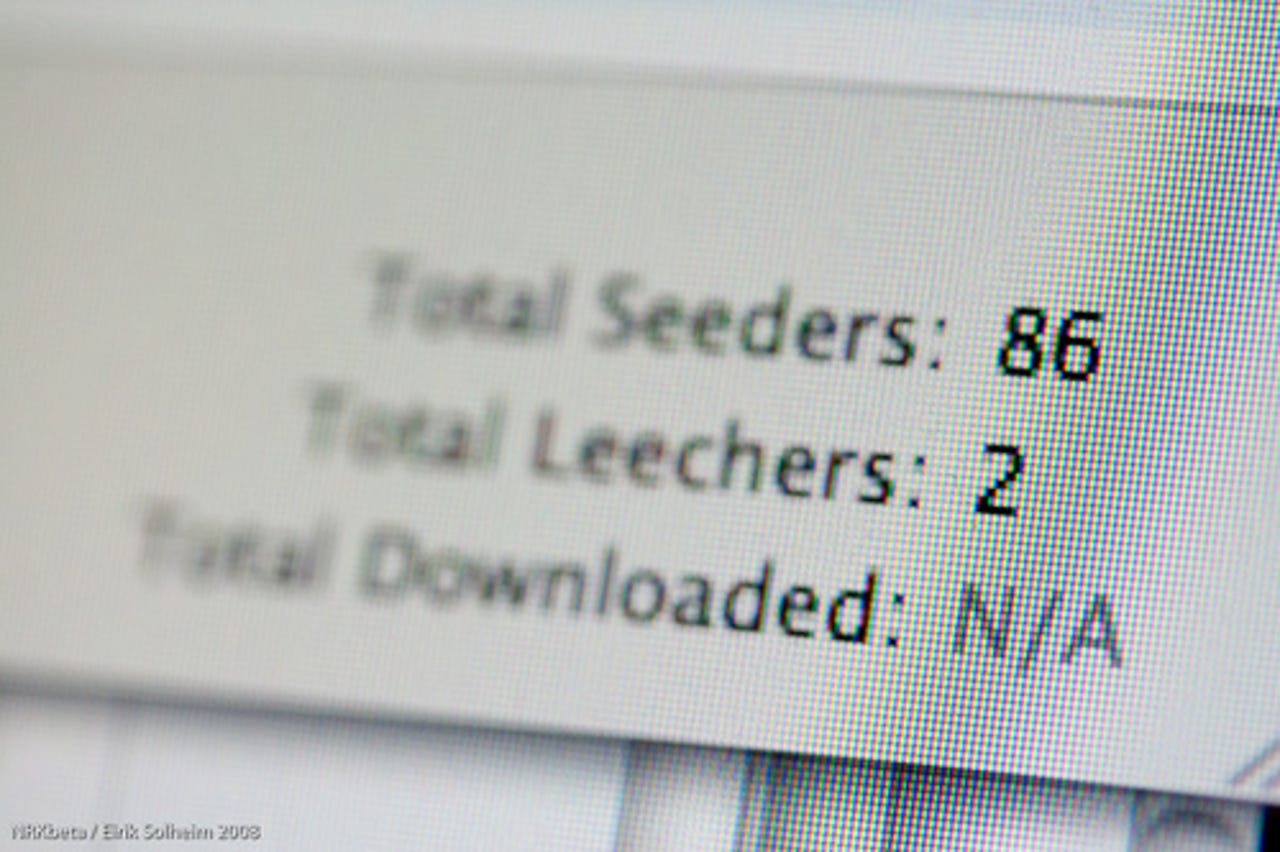Have we raised a generation of pirates?

Printed, traditional media is on a downwards spiral.
No longer merely an accessory to the printed press, or an audio version of your favourite book to listen to in the car, online platforms are now major contenders in content distribution.
With an increasing reliance on online content, a way to recoup losses from the downward trend of print media is to charge for the no longer mere accessory, but necessity of engaging online content. Paywalls for content subscription services may have come a little too late to these systems.

A thirteen-year-old a decade ago -- who is not likely to know what copyright infringement is, who finally having access to dial-up, suddenly realises they can find and download that song they want.
It's free? 'Click here', connect, and download.
Within twenty minutes, they had their prize. Nothing besides the risk of fake, virus-laden files stopped them from downloading the entire album.
But times have moved on since the dial-up era.
Downloading content has become more sophisticated and the means in which to gain data -- whether legal or illegal -- has changed rapidly. Copied videos are now obsolete, and it's less about finding pirate DVD-touting street vendors. Instead, you connect to a peer-to-peer network, or you find the file via a search engine or BitTorrent client.
It's easy. You grab your torrent, and within minutes, the deed is done.
With increasingly tech-savvy teenagers learning the how and where of gaining their favourite movie or TV show, their self-education was ignored by industries in general. Piracy is not a phenomenon that sprung up overnight; 'cheating the system' will always exist, but the method in which it is performed evolves with the society it operates in.
Clients like BitTorrent allow users to find content they want very easily. Putting a figure on BitTorrent piracy alone is no easy task; and with the sheer amount of methods available to gain free content, bills like SOPA even in their original, draconian state will never stamp out online piracy.
With the admittance of those creating this legislation that they're out of their depth -- take Rep. Lamar Smith's comments for one: "I'm not a technical expert on this" -- we have to wonder whether they believe that the general public actually have the same grasp of digital knowledge.
The younger generation, having grown up with iProducts, broadband and the extended use of technology in schools, will be able to bypass laws set by politicians who don't understand their own legislation. It is highly unlikely that any laws passed won't have the cracks necessary to allow continual copyright infringement.
But it's not all about access to pirate content. The younger generation are used to having free content -- having grown up with access to an unchecked, digital vault full of files in which the keys were always available.
And then SOPA-like legislation suddenly exists. In return, so does a backlash of incredible proportions, with the sudden risk of the keys being stolen away.
The online community ended up in arms, and online corporations who would be affected joined them. Bills like the SOPA act are an extreme and uninformed reaction to online copyright infringement finally coming to the notice of institutions like the music industry.
But why the reaction? Is it truly about trying to catch the distributors of online copyrighted material, or is it something deeper than that?
Piracy is no longer talked of in hushed whispers in dark corners. People who grew up with online technology trade links in a blasé fashion across email and social networks, and think nothing of sending their friend the latest e-book for their Kindle. It has become such a normal aspect of the Generation Y's life that not eyelid is batted when discussing torrent networks or the quality of the latest cinema rip.
As we grew up, we normalised free content. Arguably, perhaps we internally normalised, if not moralised, piracy. It's not necessarily about the cash-strapped students, or the thrill of doing something illegal.
The Generation Y has grown up with streaming and downloading copyrighted material in the same way older generations not-so-guiltily taped their favourite film on television.
That's not to say that the only option in controlling piracy is to erect the 'Chinese Firewall 2.0', now available in Western edition. I would prefer to wait for that Blu-ray edition of the film I loved in cinema, rather than pick up a dodgy copy from the market with a persistent screen shake and the occasional popcorn-munching man blocking my view.
Persist with the legal, subscription-based models, allow it to grow, and perhaps after time the sheer scale of the pirating community will set sail. But fighting against taught expectations of continual free, easy access content may be the true battle.
Related:
- Why young people pirate (Pssst: It's not just about money)
- 70 percent find software piracy 'socially acceptable'
- Student faces U.S. extradition over 'pirate-TV link' website
- Between the Lines: SOPA: Why the 'broken web' should stay broken
- London Calling: ‘We had no evidence for anti-piracy law’, UK government admits